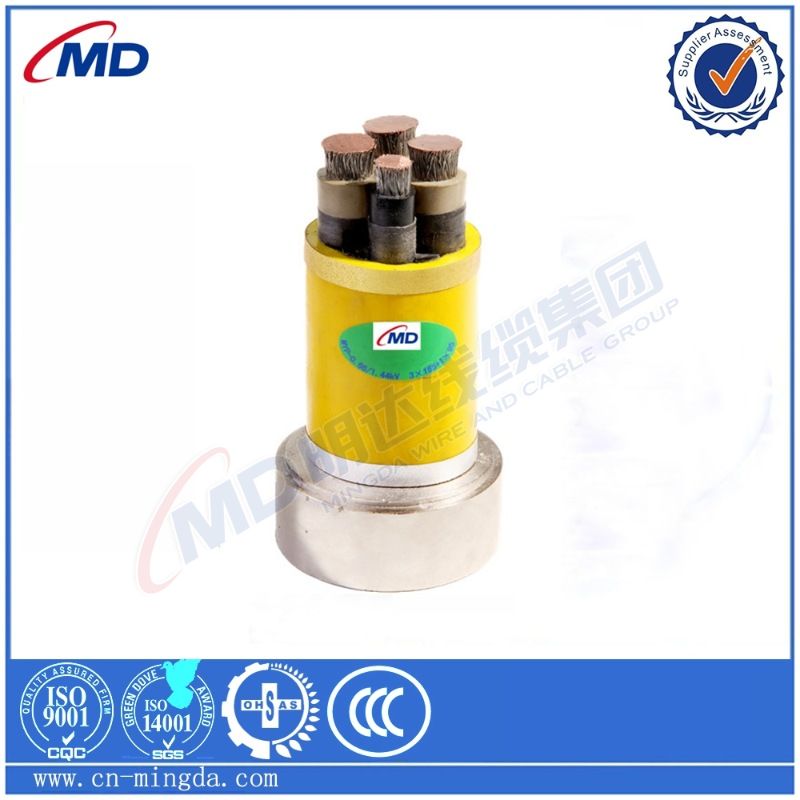des . 04, 2024 19:55 Back to list
Understanding the Benefits and Applications of Cast Steel Valves in Industry
The Importance and Applications of Cast Steel Valves
In the realm of industrial piping systems, valves play a pivotal role in regulating the flow of fluids, gases, and slurries. Among these critical components, cast steel valves are noted for their strength, durability, and versatility. This article explores the significance of cast steel valves, their various types, advantages, and applications across different industries.
Understanding Cast Steel Valves
Cast steel valves are made from cast steel, a strong material formed by melting iron, carbon, and other alloying elements. The casting process allows for intricate designs and structures that would be difficult or impossible to achieve with other manufacturing methods. These valves are characterized by their ability to withstand high pressures and temperatures, making them suitable for various challenging environments.
Types of Cast Steel Valves
Cast steel valves can be categorized into several types, each designed for specific functions
1. Globe Valves Ideal for regulating flow, globe valves boast a linear flow path and are effective at throttling. Their design helps minimize pressure losses, making them a popular choice for systems requiring precise flow control.
2. Gate Valves Known for their isolation capabilities, gate valves provide a straight-through flow path, which minimizes resistance. They are typically used in applications where a complete shutoff is necessary.
3. Ball Valves With a spherical disc controlling the flow, ball valves offer quick operation and excellent sealing capabilities. They are often employed in applications requiring frequent on/off cycling, as they provide minimal pressure drop.
4. Check Valves These valves allow flow in only one direction, preventing backflow and protecting pumps and compressors. They are essential in various applications to maintain system integrity.
5. Butterfly Valves Featuring a rotating disc for flow control, butterfly valves are lightweight and take up less space compared to other types. They are commonly used in large-scale systems such as water supply and wastewater treatment.
Advantages of Cast Steel Valves
The popularity of cast steel valves can be attributed to several key advantages
cast steel valve

- High Strength and Durability Cast steel valves are robust and can withstand harsh conditions, including extreme temperatures and pressures. This durability translates to a longer lifespan, reducing the need for frequent replacements.
- Corrosion Resistance Modern casting techniques and alloy formulations enhance the corrosion resistance of cast steel valves, making them suitable for use in aggressive environments.
- Cost-Effectiveness While the initial investment may be higher than other materials, the longevity and reduced maintenance needs of cast steel valves make them a cost-effective choice over time
.- Versatility Cast steel valves are suitable for a variety of operating conditions and can be utilized in diverse applications ranging from oil and gas to water treatment and chemical processing.
Applications Across Industries
The application of cast steel valves is extensive and spans numerous industries
- Oil and Gas In the exploration and production of oil and gas, cast steel valves are critical for regulating the flow of hydrocarbons and ensuring safety in pipeline operations.
- Power Generation Power plants rely on cast steel valves to manage steam and water flow, playing a vital role in generating electricity efficiently.
- Water Treatment In municipal water systems, cast steel valves are employed for controlling water distribution, as well as in treatment plants for managing various processes.
- Chemical Processing The chemical industry requires valves that can handle corrosive substances and high temperatures, making cast steel valves an essential component in their operations.
- Mining and Metals In the mining sector, these valves are used to control slurries and other materials, ensuring efficient processing and transportation.
Conclusion
Cast steel valves are an indispensable part of modern industrial systems. Their strength, versatility, and reliability make them suitable for challenging environments across various sectors. As industries continue to evolve, the demand for high-performance components like cast steel valves will undoubtedly grow, ensuring their place as a cornerstone of effective fluid management. Whether in oil and gas or water treatment, cast steel valves stand as a testament to the importance of quality engineering in supporting industrial efficiency and safety.
Share